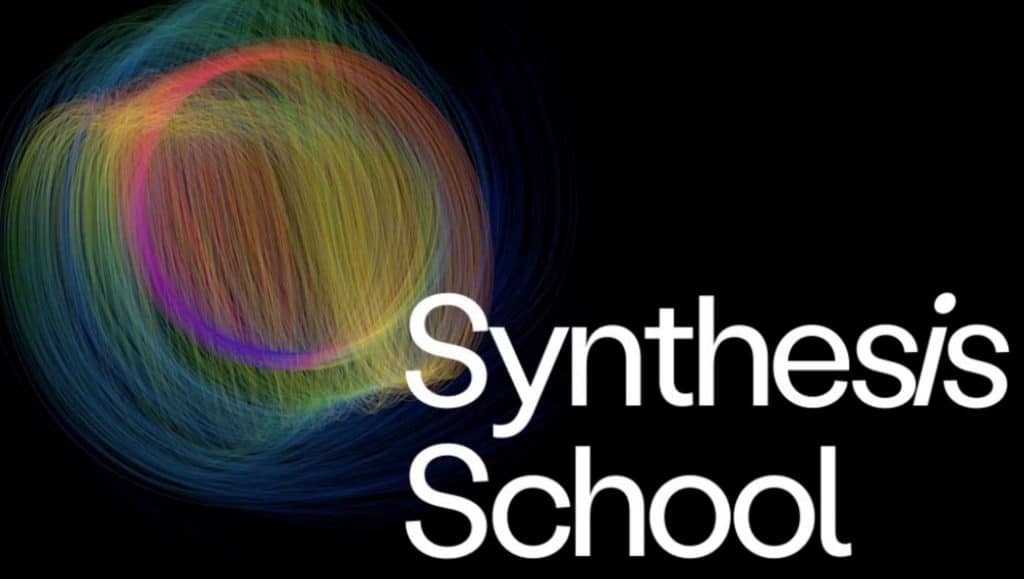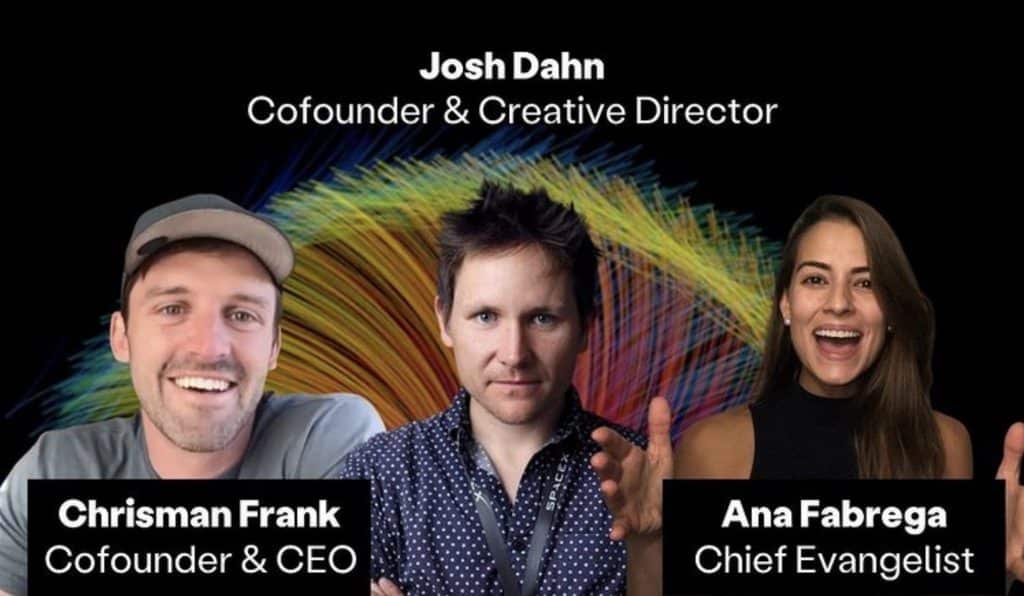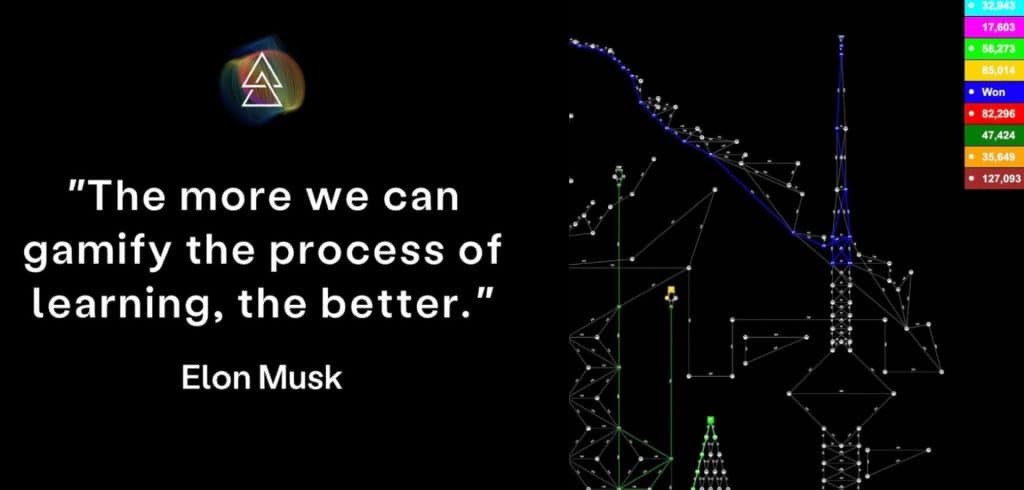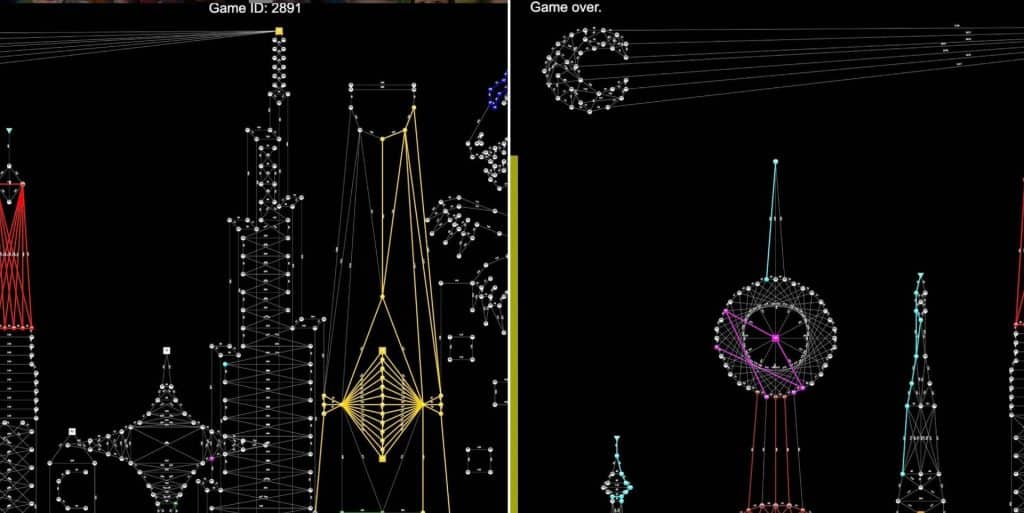The advent of COVID has brought about a myriad of problems in the world to the forefront, including hard-to-swallow realizations about the systems that surround, forge, and often dictate human society. Education was among these systems affected by the global pandemic.
As students moved their learning experiences from the classroom into their living rooms, it became evident that the traditional education system was not equipped to mold young minds in the middle of a pandemic. At the same time, however, the coronavirus’s effect on schools and learning highlighted some issues that have been plaguing the educational sector for some time.
Some parents, teachers, and other advocates of learning have taken the time the pandemic has afforded us to try and fix some of the fundamental issues that have surfaced in traditional education systems across the globe throughout the years, prior to COVID.
Synthesis School has taken a different route.

Led by Josh Dahn (Cofounder & Creative Director), Chrisman Frank (Cofounder & CEO), and Ana Fabrega (Chief Evangelist), Synthesis School seems to get to the root of learning and education by teaching kids and young adults fundamental problem-solving skills through a medium that comes naturally to them: games.
“Synthesis school has taken the games that were played at Ad Astra campus, at the lab school of SpaceX. We’ve taken those games and we’ve scaled them up to offer to kids all around the world. The particular focus of them has to do with teaching bigger concepts like game theory, collaboration, Network Effect. What it’s like to work in a teams, strategy…,” Jessica Bogart, a Synthesis School facilitator, told Teslarati.
Bogart left the entertainment industry after two decades to join Synthesis School as a facilitator. She sat down with Teslarati and explained the schematics of each class and how it helped enrich and cultivate young minds to face the everyday problems that life will throw at them.

Elon Musk’s educational principles from Ad Astra – the SpaceX lab school he created for his sons with the help of Josh Dahn—make up the core of Synthesis School. Musk described the two core principles of Ad Astra years ago as: 1) Ditch the assembly line model, no grade levels and 2) Problem-focused, not tool-focused.
At Synthesis, about 18-20 kids are put into groups called cohorts. Each group has one facilitator. Bogart explained that facilitators don’t lecture to their cohorts, like teachers do in a classroom.
A typical meeting starts with the cohorts logging into one of Synthesis School’s games and a Zoom call. The facilitator does not give them instructions about the game. Each cohort is given time to explore and learn the schematics of the game on their own.
After they have explored, the cohorts talk to each other to learn information that others might have found about the game. Then the cohorts are broken down into several groups and must navigate the game together to complete a given objective.

“There’s no wrong answers and there’s no grades. It’s all about seeing how you think,” Bogart said. She explained that Synthesis didn’t teach kids through rote memorization or focus on grades and teaching to the test. It focused more on critical thinking, problem-solving, and teaching kids how to find or learn about the tools they need to solve complex issues.
“In regular school, an example would be, here are 50 different screwdrivers and you’re going to memorize the size and shape and handles and where they go on the board,” Bogart explained.
“The way that [it was being taught at Ad Astra] at the time was here’s the engine that’s broken and we need to fix it, but what do we do to get the casing off? Well, we use a screwdriver. And now you’ve made that connection.”
In Jessica Bogart’s cohort missions, she has been able to teach her kids concepts like the Network Effect or the Stag Hunt game theory. Right before her interview with Teslarati, Bogart taught her cohorts offensive and defensive strategies based on The Art of War by Sun Tzu.

Synthesis School already has cohorts from around the world, including Australia, England, India, Bahrain, and the United States. The enrichment club offers weekly classes for $180 a month and has plans to add more classes in the future.
It is a growing community dedicated to teaching children and young adults fundamental skills they will need to learn and thrive in life through games like Constellation. In Jessica Bogart’s words, Synthesis School helps kids “embrace the chaos.”
Given the global landscape of today, embracing the chaos of the world and having the ability to work through it, may just be what the doctor ordered.
For more information on Synthesis School, click here.
Original Publication by Maria Merano at Teslarati.





